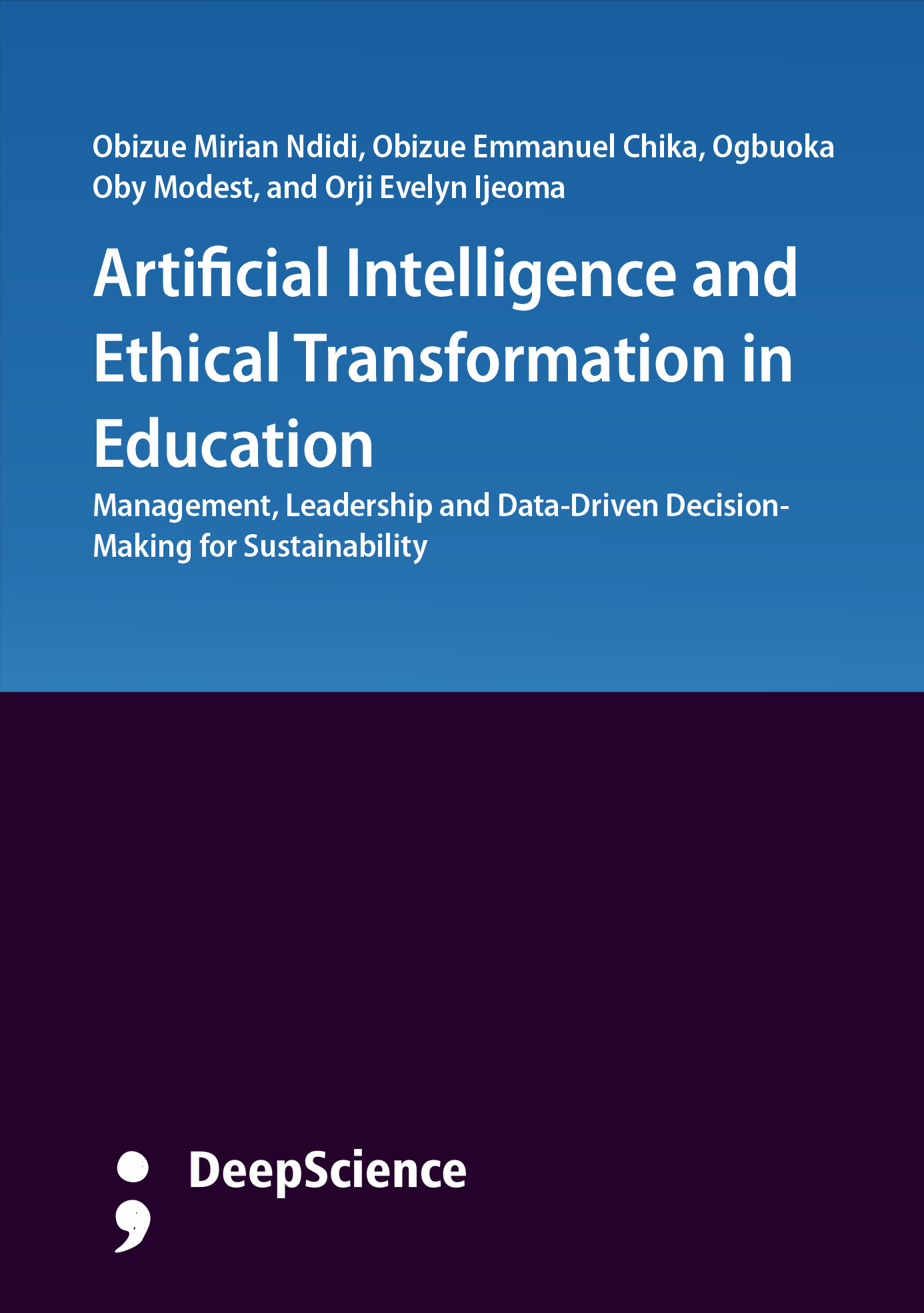Parenting in the Era of Education 5.0 and Artificial Intelligence: Navigating Transformative Landscapes
Synopsis
The educational sector is transforming, as it enters into what is referred to as "Education 5.0." Education 5.0 uses technology, emphasizes human-centered learning, and focuses on sustainability. In contrast to prior education models, the primary focus was on obtaining knowledge so as to acquire an occupation. Education 5.0, therefore, is a conceptual representation of the next generation of education evolution, emphasizing human-centered learning, technology, and sustainable development. Building on the previous generations of education (i.e., Education 1.0 through 4.0) and aligned with the fourth industrial revolution (4IR), Education 5.0 aims to cultivate responsible, innovative and socially aware students who will be able to contribute positively to society. Ike (2023) stated that for parents, the paradigm shift presented by Education 5.0 offers opportunities to reassess how they provide support for their children's education. As such, understanding the foundational concepts of Education 5.0 will allow children to better prepare themselves for the changing educational landscape. Therefore, parents are required to stimulate and foster curiosity, creativity, problem solving and ethical responsibility, in addition to supporting their children's academic learning. One of the goals of Education 5.0, as noted by Justin (2023), is to prepare students for the workforce and for entrepreneurship; however, one of the most significant departures from previous generations of education is Education 5.0's emphasis on entrepreneurship and workforce preparedness. Historically, education has been constructed to create job seekers; however, Education 5.0 encourages students to develop the entrepreneurial skills necessary to create jobs and foster innovation. This model promotes practical applications of knowledge, such as starting small businesses, manufacturing products, and engaging in research that directly contributes to economic development. By focusing on creativity and problem-solving, Education 5.0 reduces reliance on traditional employment opportunities and prepares students to adapt to a rapidly changing job market. It also strengthens industry-academia collaboration, ensuring that students acquire skills that are relevant to current and future labor market demands. Education 5.0 is not just about technology, it’s about using technology ethically, responsibly, and innovatively to create a better world. It focuses on producing innovators, problem-solvers, and ethical leaders who can shape the future. This comprehensive analysis examines the evolving paradigm of parenting within Education 5.0 is a technologically advanced, human-centered educational framework characterized by deep integration of artificial intelligence (AI). Drawing on interdisciplinary research, the researchers argue that contemporary parenting must reconcile AI’s transformative potential with critical attention to child development, ethical boundaries, and equity imperatives. The findings reveal that while AI enables unprecedented personalization and accessibility in education, it simultaneously demands recalibrated parental strategies emphasizing digital literacy, emotional resilience, and human-centric values and propose evidence-based frameworks for collaborative parenting-school AI ecosystems and outline future research trajectories.













